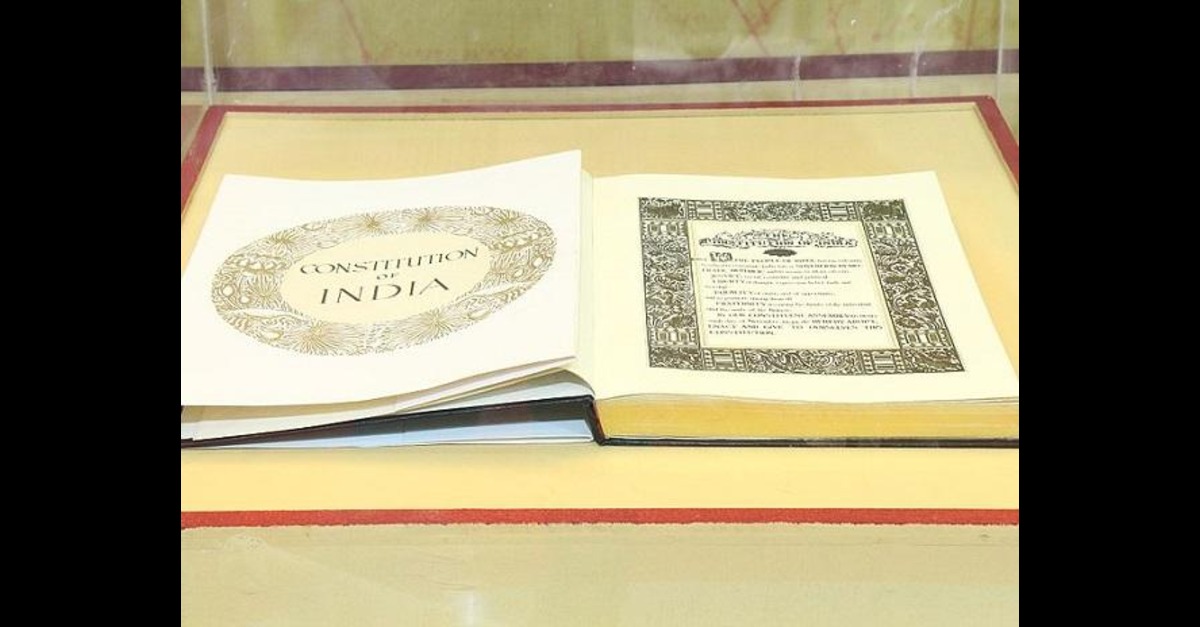Introduction
In recent years, the words ‘socialist’ and ‘secular’—added to the Preamble to the Indian Constitution under the Emergency—have re-emerged at the forefront of legal and political debate. Before petitions against their insertion are heard by the Supreme Court, arguments erupt about whether these terms were necessary additions or superfluous ideological insertions. However, the long-term reading of the Supreme Court presents a subtle perspective on these values within the Indian constitutional structure.
Background
Members such as Prof. K.T. Shah, during the Constituent Assembly Debate, called for overt mention of the terms ‘secular’ and ‘socialist’. These suggestions were, however, turned down. Dr. B.R. Ambedkar argued that the Constitution was a procedural document, not an adherence to any particular economic or religious creed.
Notwithstanding this, in 1976, the Constitution (Forty-second Amendment) Act added the terms ‘socialist’ and ‘secular’ to the Preamble, claiming that they were already inherent in the spirit of the Constitution. The amendment was done with minimal Parliamentary discussion and has since been the cause of legal action and ideological debate.
Key Points
Kesavananda Bharati Case (1973)
Though this case was before the 42nd Amendment, it established the Basic Structure Doctrine, which holds that Parliament cannot change the fundamental features of the Constitution. Though ‘socialist’ and ‘secular’ had not joined the Preamble yet, the decision underlined that concepts like liberty, equality, and fraternity were beyond amendment.
Minerva Mills Ltd. v. Union of India (1980)
This case specifically dealt with the 42nd Amendment. In striking down provisions that placed Fundamental Rights subordinate to Directive Principles, the Court maintained the use of ‘socialist’ and ‘secular’ as aligning with the current spirit of the Constitution. Justice Y.V. Chandrachud articulated Indian socialism as envisioning a more equitable social order without embracing doctrinaire ideologies.
D.S. Nakara v. Union of India (1983)
The Court held that socialism mandates a state duty towards assuring the dignity of life in old age. It explained socialism as a progressive value system that minimises economic inequality.
Excel Wear v. Union of India (1978)
In this case, the Court struck down excessively restrictive labour legislation, saying socialism cannot take precedence over personal freedom, particularly the freedom to pursue any profession under Article 19(1)(g).
S.R. Bommai v. Union of India (1994)
A nine-judge Bench held that secularism is a part of the basic structure. The Court held that the government’s actions against secular values can be removed under Article 356. The Court disapproved of the political sanction of the demolition of Babri Masjid as anti-secular.
Bijoe Emmanuel v. State of Kerala (1986)
The Court safeguarded the rights of students who did not sing the national anthem on religious grounds, upholding secularism as guarding religious minorities and diversity.
Aruna Roy v. Union of India (2002)
The Court reaffirmed the NCERT curriculum by indicating that secularism allows for the education of moral values as long as no particular religion is advanced.
Ismail Faruqui v. Union of India (1994)
It held that it does not have absolute constitutional protection except where a place is integral to a religion’s observance. The Court affirmed the acquisition of the Babri Masjid plot.
Recent Developments
Ashwini Kumar Upadhyay’s Petition (2020): Opposes the use of ‘socialist’ and ‘secular’ in the Preamble, asserting that they were added nondemocratically at the time of Emergency.
Supreme Court’s Perspective (2024): A Bench of Justices Sanjiv Khanna and P.V. Sanjay Kumar noted that these words must be understood in the Indian setting, not necessarily by filtering them through Western ideological perspectives. They insisted upon wider interpretations that were more in tune with equality and justice.
Subramanian Swamy’s Plea: Appeals for striking down the provisions in the Representation of the People Act mandating political parties to solemnly affirm that they adhere to secularism, declaring it an unconstitutional requirement for registration.
Conclusion
Over time, the Supreme Court has taken ‘socialist’ and ‘secular’ as something more than merely symbolic terms. It has referred to them while making judgments regarding pensions, economic justice, educational policy, political legitimacy, and religious freedom. Despite continued challenges to the 42nd Amendment, the judiciary has primarily understood these principles as being in line with the spirit of the Constitution. The Court’s attitude is an Indianised one with a pragmatic approach, emphasising equality, inclusion, and pluralism, irrespective of political currents.
“PRIME LEGAL is a full-service law firm that has won a National Award and has more than 20 years of experience in an array of sectors and practice areas. Prime legal falls into the category of best law firm, best lawyer, best family lawyer, best divorce lawyer, best divorce law firm, best criminal lawyer, best criminal law firm, best consumer lawyer, best civil lawyer.”
WRITTEN BY AYUSHI TRIVEDI


